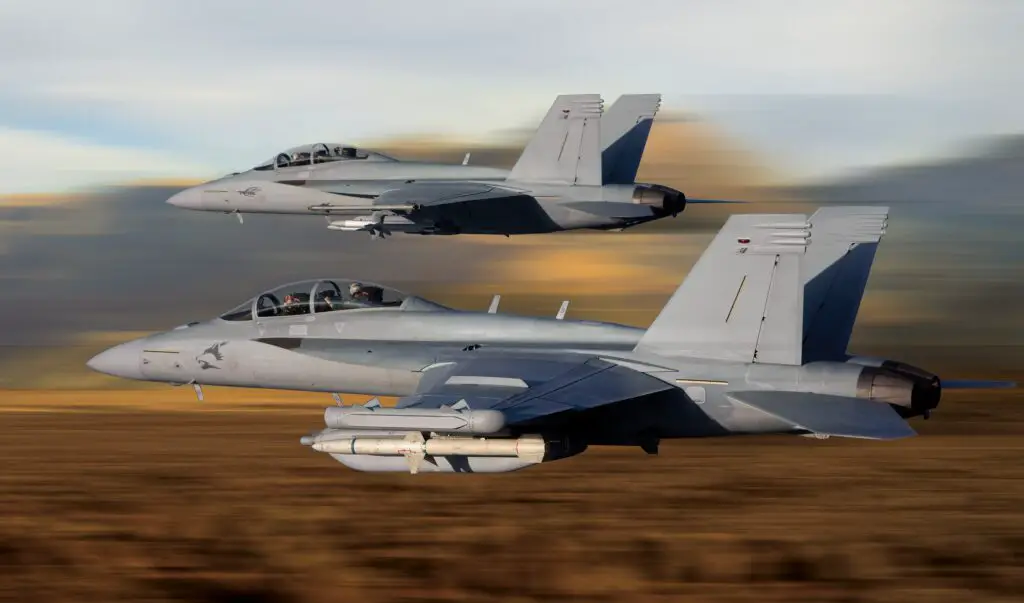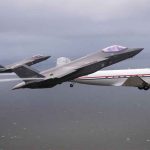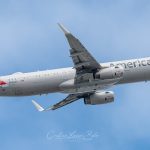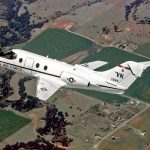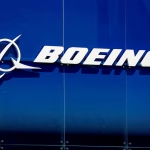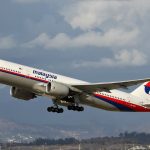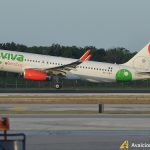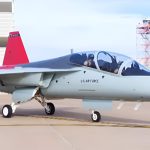Boeing is looking to expand its industrial partnership strategy in Germany to support the supply of F/A-18 Super Hornet and EA-18G Growler to replace the German Panavia Tornado.
The announcement comes after reports surfaced a few days ago that the German Ministry of Defense was again considering the F-35 as a potential replacement for the Luftwaffe’s Tornado, particularly for its nuclear deterrence missions.
According to the company’s press release, a Request for Information (RFI) was issued to more than 10 German companies to solicit bids. German industry partners will play an important role in providing support equipment, logistics and general maintenance, parts, local sustainment programs, training and other relevant repair and overhaul solutions for Germany’s potential Super Hornet and Growler fleet. German industry will also have the opportunity to participate in the development of the next-generation electronic warfare pod (developed by Raytheon) for the EA-18G Growler.
The RFIs are the first step toward establishing local sustainment capability worth approximately $4 billion/€3.5 billion over the life cycle of the programs, which would bring additional economic opportunities and value to the German economy as the programs evolve.
«Germany is home to exceptional aerospace expertise and innovation and we look forward to expanding our partnerships locally for Germany’s F/A-18 Super Hornet and EA-18G Growler fleet,» said Dr. Michael Haidinger, president of Boeing Germany, Central and Eastern Europe, Benelux and the Nordics. «With this partner expansion strategy, we are laying the foundation for new business opportunities for German industry champions, new highly skilled jobs and long-term economic growth.»
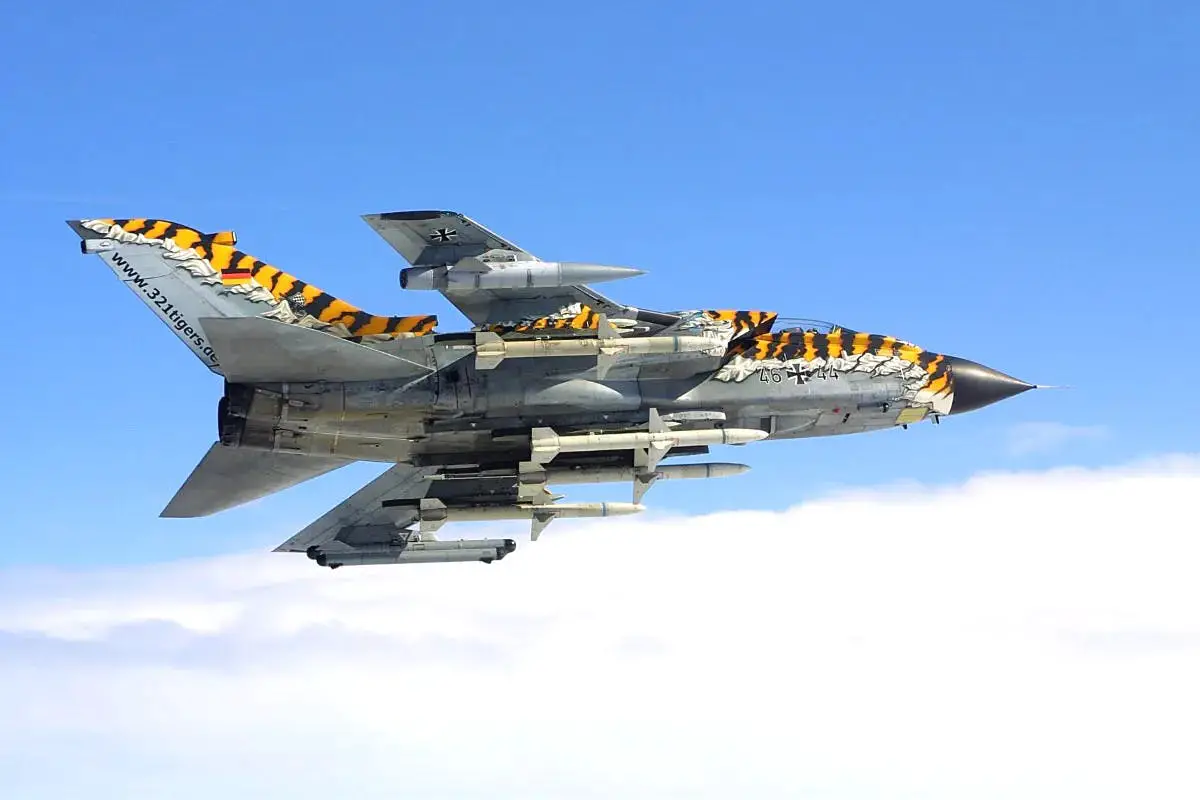
According to Boeing, the F/A-18 Super Hornet Block III offers advanced, proven capabilities and low life cycle and acquisition costs ideal for meeting Luftwaffe requirements, including dual-capability commitments to NATO.
With the lowest operating costs of all U.S. tactical aircraft in production ($19,500 / €17,000 per flight hour, source: U.S. DoD Special Acquisition Report), combined with low acquisition costs, the Super Hornet saves billions of dollars/euros over its entire service life of +10,000 flight hours. This makes the Super Hornet the most cost-effective solution for the German Luftwaffe.

